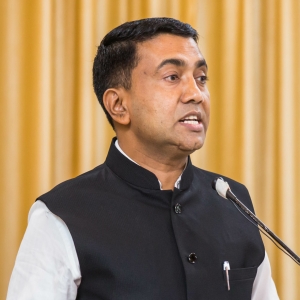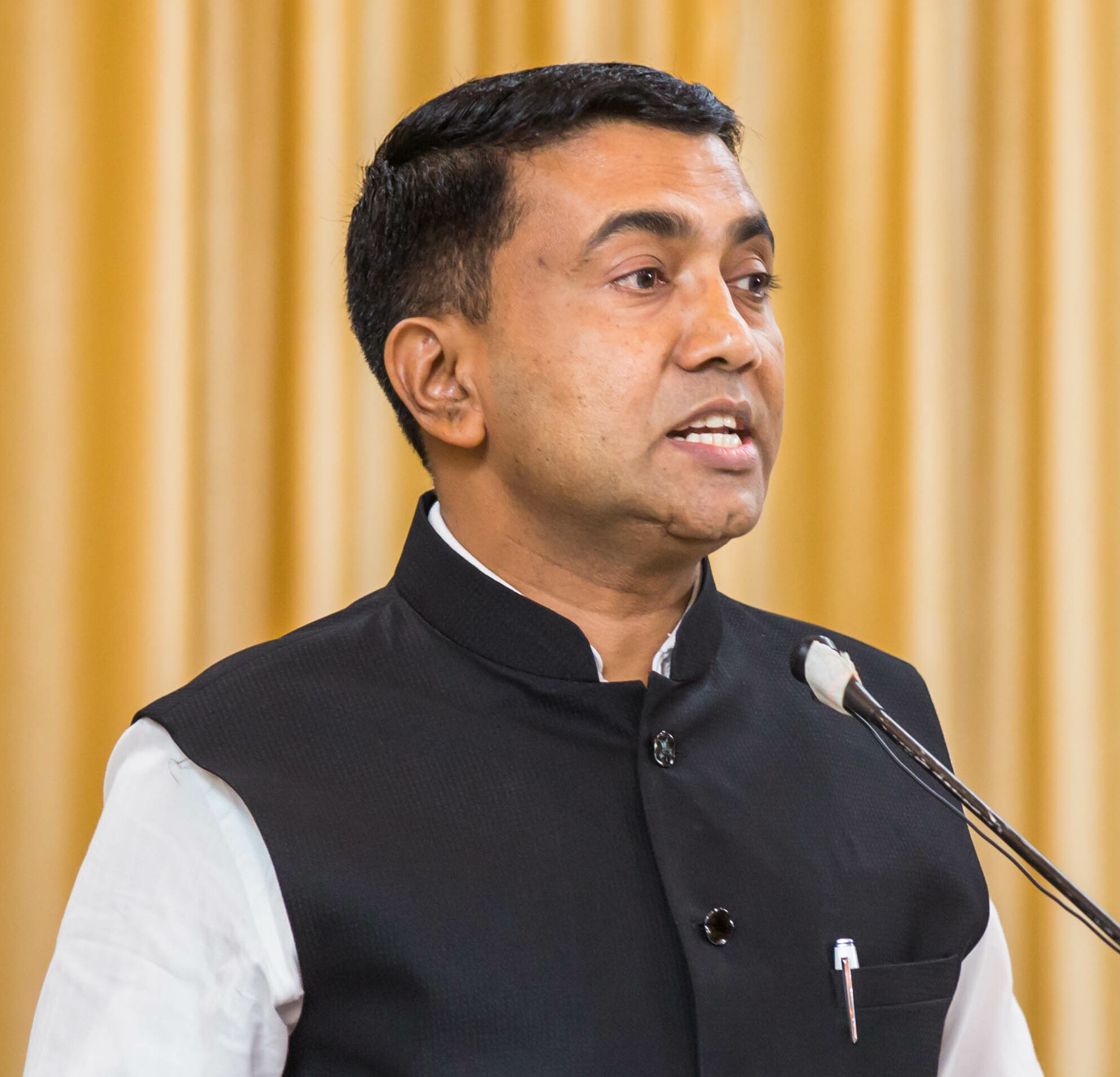
 Pachu Menon
Pachu Menon

The tiny state of Goa is rocked by a scam whose magnitude threatens to derail a recruitment system in which jobs are doled out to aspirants through the political class's recommendations.
But isn't such an arrangement in vogue across the country!
Giving government jobs has become a 'prerogative' of politicians, and they have been exploiting this privilege to the extent that this act of magnanimity has at times gone against the established norms of recruitment, where deserving candidates find themselves sidelined to accommodate the unreasonable choices of the political bosses.
This practice has, however, brought about a semblance of commercialisation to the recruitment process, where jobs are allotted for monetary considerations.
Contrary to 'popular' belief, the spate of arrests made by the Goa Police over the last few weeks across multiple FIRs in connection with the alleged Jobs-for-cash scam, the fraud has failed to unearth any significant conspiracy theory. At least so far!
While ruling out the involvement of any major crime syndicate, the ongoing investigation has, nonetheless, revealed the complicity of a couple of policemen and a few government servants in the racket.
While it becomes impossible to believe that such operations could be carried out by mere 'foot soldiers' without the active guidance of 'generals' ensconced in the higher echelons of power, the apparent absence of big names tumbling out of the cupboard is mystifying.
Where are the 'masterminds?' One has heard of 'fronts' managing 'benami' properties for consideration. Benami property refers to assets held by one person but financed by another. With enough instances of this rampant business 'arrangement' doing wonders for both parties, it was just time before some enterprising individual conceived a strategy on similar lines to entice job-seekers.
Is the job scam part of such an 'understanding?' Raising the bogey of a parallel employment exchange where jobs are being sold for lakhs, the local media is apparently pleased going hammer and tongs against a regime that is at pains to justify its feigned ignorance on this matter.
It is more than obvious that developments in the multi-crore cash-for-jobs scam every other day reveal the extent of corruption and political links.
Serving to pose queries against a system of recruitment where the ministers and representatives of the people 'dispense' job quotas allotted to them, doubts are being raised as to whether these essays were purely gratifying or those 'bestowing' them stood to gain much more than the gratitude of their constituents.
With the 'political' response to the scam touching a high tenor at times, enough rumblings within the system indicate that the expose has touched a raw nerve. Discordance within the ruling dispensation and party on this matter seems to make things more complicated!
The political class's arguments rubbishing the logicality of such a con and making an earnest appeal to the public not to view politicians as culprits in the cash-for-jobs scam appear to be a knee-jerk reaction to the expose. With insinuations from a stalwart in the ruling party that a confidence trick of this magnitude would not have been possible without political involvement, one is left wondering where all this is leading.
The persistence of such a situation where there are reports every other day of arrests effected in the jobs-for-cash scam raises questions about the efficacy of law enforcement besides highlighting a systemic compromise.
For the moment, though, the job scam has led one to believe that this is exactly how government recruitment works here in the state. With money being the prime consideration, it is no wonder that such huge sums are being exchanged to secure government jobs.
The arrangement of 'agents' and 'sub-agents' who do the necessary spadework for their 'masters' speaks of an efficient system that allows for smooth functioning without any fear of exposure.
Even after raining arrests, the scam has yet to give the investigators a definite clue, a lead that could help them chart a definite course to apprehend the politicians involved in the fraud. The quest to establish a direct link to the politicians seems to have hit a dead end.
While these assumptions may not come as a surprise, considering that such 'trade-offs' of cash for government jobs have been in vogue for donkey years now, the cascading effect the financial 'compromises' would induce, which would set in motion a whole lot of wrongdoings, should be a cause of concern.
'Buying' jobs will no doubt prompt dishonest activities, with all efforts being made by those shelling out huge sums of money to secure government jobs to recover the 'investment' made as soon as possible.
With the arrest of a glittering array of kingpins and 'queenpins' in the scam, one would have thought it was just a matter of time before the lid was blown off the entire rip-off. However, with reports of fresh arrests from different corners of the state, the mystery only appears to deepen further.
Just two years ago, the Chief Minister of Goa shocked the political fraternity by announcing that all government recruitment would now be done through the Staff Selection Commission.
'Shocked', since it meant that ministers and MLAs would no longer have the power to dole out government jobs, a vote-catching weapon Goa's politicians have been flaunting for decades.
According to news reports, it also had the potential to rid the recruitment process of corruption and make the cash-for-jobs scams so often exposed in Goa's history a 'rarity.' But would he succeed in rising above politics and walking his talk on this matter?
This year, in October, following directions from the BJP central leadership, moves were reportedly afoot to scrap the Goa Staff Selection Commission and revert back to a department-level recruitment process.
Such a situation occurred because of differences between his ministerial colleagues on this matter, citing transparency reasons in the recruitment process (whatever that is supposed to mean).
Amidst the cash-for-job rancour, the state government once again announced that over 1900 vacancies across various departments would be filled shortly through the Staff Selection Commission or Goa Public Service Commission.
Having said that, is it simply a matter of the gullible being swindled by fraudsters, or is it the fascination with a public sector job that has seen aspirants fall prey to the age-old trick in the book played out incessantly from time immemorial?
'Trading' in and for government jobs has been a mutually beneficial 'business' arrangement for both the 'buyer' and 'seller' as long as the business of buying and selling the 'merchandise' matched the availability of the 'goods'.
How this scam has unfolded suggests that despite understanding the risks associated with such 'commercial enterprises', playing against the odds, people will continue to 'invest' in such 'ventures'.